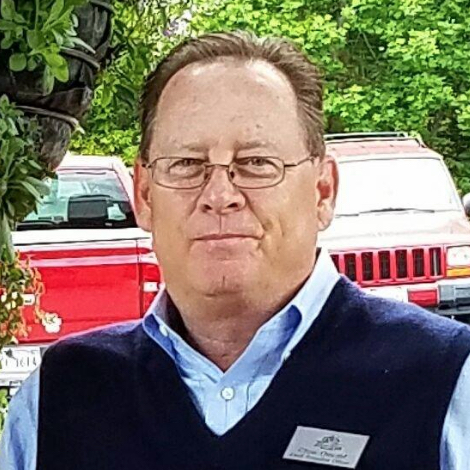
Chris Oswald made headlines last summer when he fired himself as CEO of Blue Ridge Village in Martinsville, VA, in an effort to help the organization survive. Now, almost exactly a year later, the community, which includes assisted living and rehabilitation, has been put into receivership.
A judge issued an emergency order and appointed a special receiver June 20 because state health and social work department officials said in court filings that the community should remain open, according to the Martinsville Bulletin. Blue Ridge Village’s website says the community is one of the largest providers of long-term care in the state.
The property’s landlords terminated the master lease in February and requested the receivership as part of a lawsuit against the operating companies, the media report said. At the time of lease termination, the operator reportedly owed almost $5.7 million in rent and more than $211,000 in property taxes. Those amounts have increased since the lease termination, and the companies reportedly owe vendors, too.
Blue Ridge Village said it could not meet payroll obligations June 2, the newspaper reported.
Another court hearing is scheduled for Friday, when the receivership is set to expire.
Blue Ridge Rehab’s administrator told McKnight’s Senior Living last year that the assisted living part of the community, known as Blue Ridge Manor, is all private-pay and hadn’t been a major source of concern. Rather, Medicare changes negatively affected admissions and revenue on the rehab side.
To shore up overall finances, however, Blue Ridge Manor had plans to temporarily waive its $1,000 move-in fee and implement a new pay scale for personal care assistants, nurse aides, certified nursing assistants and medical technicians in an effort to attract residents and staff, the administrator said at the time.
The community also was renegotiating terms with vendors and had reduced non-care related positions by approximately 12. In the end, however, those steps weren’t enough to keep operations healthy.



